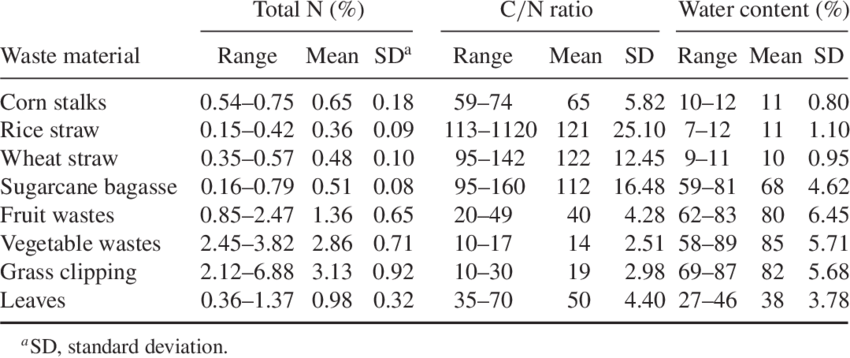I've made a load of compost which has now fully matured and mixed it with a fair amount of leaf mold and soft sand (I believe sand that is encapsulated in clay). And with this combo made a potting mix for my strawberries. Well, it hasn't worked out very well to say the least.
The thing is I've realized that almost all the "greens" in the compost were from fruit and fruit scraps. Because the piles that I made went to 140/150 degrees Fahrenheit I'm presuming that there was plenty of nitrogen in the mix. The reason that I ask is just that fruit is notoriously low in protein compared to leafy greens (think spinach or nettles) and nitrogen is the building block of amino acids which in turn are the building blocks of protein - one could be forgiven for predicting a nitrogen deficient potting mix.
I just want to rule this out as I have further, specific questions on the deficiencies/toxicities that my strawberries have developed (in part from a lack of minerals associated with "leafy" greens.

